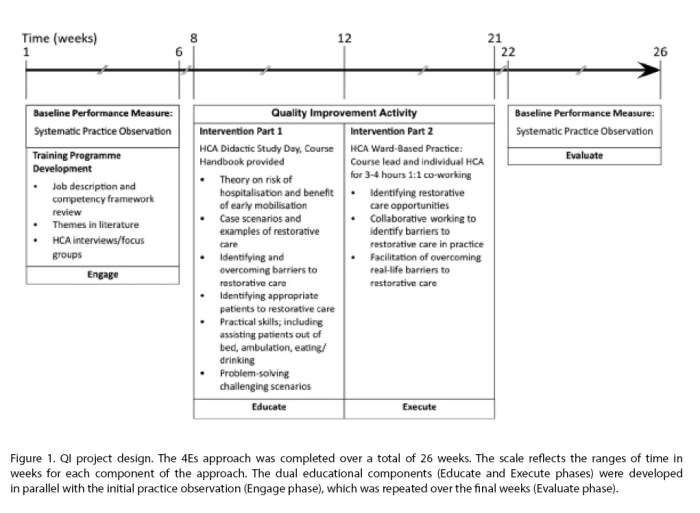Introducing the Restorative Nursing Assistant Practice Test, a comprehensive resource designed to empower healthcare professionals with the knowledge and skills essential for providing exceptional restorative care. This practice test delves into the multifaceted role of restorative nursing assistants, exploring their responsibilities, techniques, and ethical considerations.
Through a series of engaging questions and detailed explanations, this practice test guides you through the intricacies of restorative nursing, equipping you with the tools to effectively assess patient needs, develop individualized care plans, and implement evidence-based interventions that promote recovery and enhance patient well-being.
1. Restorative Nursing Assistant Role
![]()
Restorative nursing assistants play a vital role in patient recovery by providing individualized care that promotes physical, cognitive, and emotional well-being. Their primary responsibilities include:
- Assisting patients with activities of daily living (ADLs), such as bathing, dressing, and eating
- Providing mobility assistance and range of motion exercises
- Monitoring patient progress and reporting changes to nurses
li>Promoting patient engagement and motivation
Individualized care is essential in restorative nursing as it allows nursing assistants to tailor their interventions to the unique needs and abilities of each patient.
Examples of Restorative Nursing Assistant Support, Restorative nursing assistant practice test
- Helping a patient who has had a stroke regain their ability to walk
- Assisting a patient with dementia to participate in meaningful activities
- Providing emotional support and encouragement to patients during their recovery
2. Restorative Nursing Techniques: Restorative Nursing Assistant Practice Test

Restorative nursing techniques are designed to improve patient function and independence. Common techniques include:
- Range of motion exercises:Help maintain joint flexibility and prevent muscle atrophy
- Strengthening exercises:Improve muscle strength and endurance
- Balance exercises:Enhance stability and prevent falls
- Cognitive stimulation activities:Improve cognitive function and memory
- Social interaction activities:Promote socialization and reduce isolation
Patient-centered care is a key principle in restorative nursing. This involves tailoring interventions to the individual needs, preferences, and goals of the patient.
3. Restorative Nursing Assessment

Assessing patient needs is crucial for developing an effective restorative care plan. Methods used include:
- Observation:Monitoring patient behavior, posture, and mobility
- Interviews:Asking patients about their needs, goals, and challenges
- Physical assessments:Evaluating range of motion, strength, and balance
A comprehensive patient care plan should include specific goals, interventions, and timelines for progress monitoring.
FAQ Guide
What is the primary goal of restorative nursing?
The primary goal of restorative nursing is to maximize patient function and independence, promoting their recovery and enhancing their quality of life.
What are the key principles of patient-centered care in restorative nursing?
Patient-centered care in restorative nursing involves respecting patient autonomy, tailoring interventions to individual needs, and actively engaging patients in their care plan.
What are some common ethical considerations in restorative nursing practice?
Ethical considerations in restorative nursing include respecting patient autonomy, ensuring informed consent, and balancing patient needs with ethical principles.